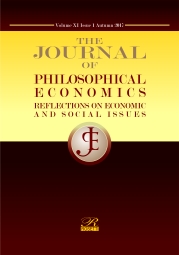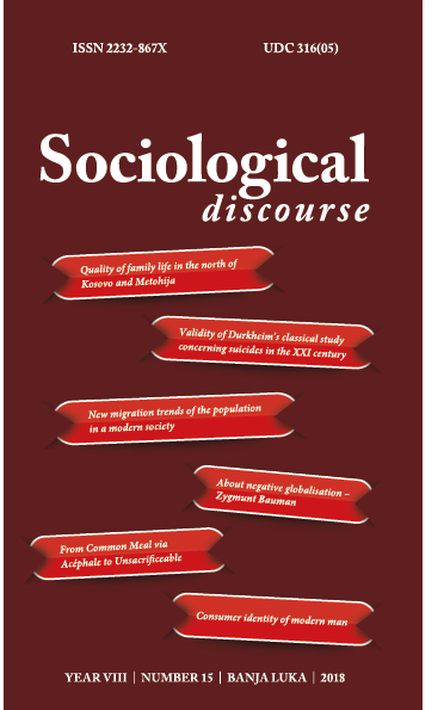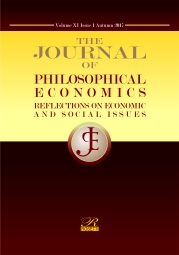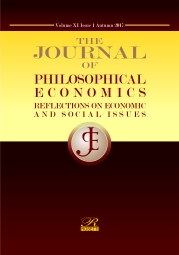
The case for increasing returns I: ‘The Hicksian Getaway’ and ‘The Hirshleifer Rescue’
The case for increasing returns is accepted by most heterodox economists. Yet allegiance to decreasing returns in orthodox circles still endures directly and in the form of substitution assumptions. In forty short years from 1928 to 1968, beliefs shifted from Pigou calling rising cost ‘inadmissible’ to Alchian deeming decreasing returns ‘a universally valid law’ until Kaldor revived the case for increasing returns in the 1970s. How did these shifts of view occur? After dapham opened the door and Pigou defined the orthodox stand, the 1930s debates swept through imperfect competition and many other issues into Keynesian disequilibrium theory. In 1939, ‘The Hicksian Getaway’ opened an Age of Denial leading to equilibrium theories based on substitution; then during the 1960s a second challenge to rising cost based on learning and technical change was defeated by ‘The Hirshleifer Bescue’ of decreasing returns and thus substitution in neoclassical theory. Why economists' substitution assumptions still hold sway is the focus of this study. First, the paper reviews ‘The Hicksian Getaway’ in its context and with respect to equilibrium models. Second, the paper analyzes and disproves ‘The Hirshleifer Bescue’ as an invalid argument based on a non-sequitur and thus simply asserted. Third, the case for increasing returns is developed into a theory of planning horizons supporting a generalized complementarity in economics. Some methodological implications are explored at the end.
More...


